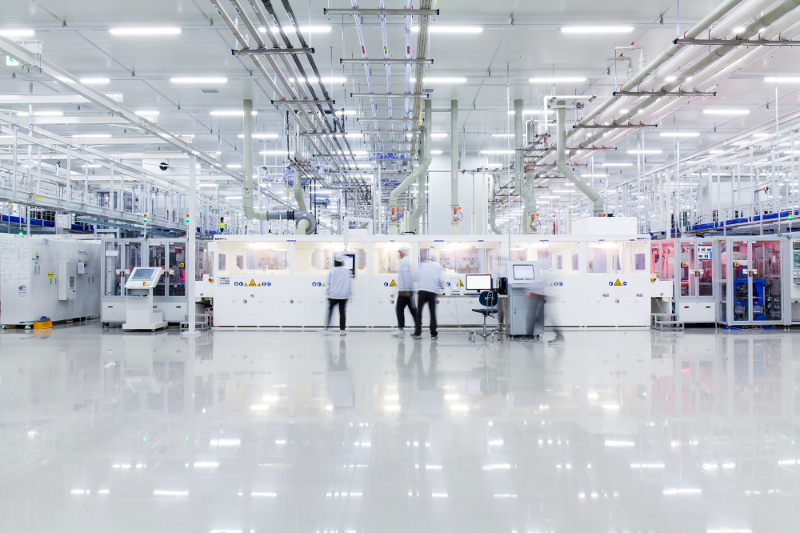Hanwha Q Cells posted a net loss of $9.2 million for the full year 2017, and a 10.2% drop in revenues YoY, with $2,177.4 million in 2017, against 2,425.9 million in the previous year.
The falling revenues come in spite of record shipments, which topped 5,438 MW for the year, and an 18.7% increase over 2016’s 4,583 MW.
Hanwha’s gross profit fell from $440.3 million in 2016, to $243.6 million for 2017, with gross margin dropping from 18.1% to 11.2%.
Hanwha Q Cells’s CFO, Jay Seo noted that the results were affected by a one-time loss associated with the discontinuation of wafer manufacturing, and bad debt expenses. Without this, said Seo, the company would have seen an improvement to its profitability, due to the elimination of losses resulting from unprofitable operations.
CEO Seong Woo Nam also expressed confidence in the company’s new production facility in Turkey, stating that its Turkish operations would enable it to “establish a commanding leadership in the Middle Eastern Market through increased brand awareness, proven track record and locally manufactured products shielded from potential trade disputes.”
As for the fourth quarter of 2017, the company saw a net revenue of $624.7 million, up 15% from the previous quarter’s $543 million, and 10.5% from the $565 million posted for Q4 2016. The quarter saw Hanwha post an operating loss of $29.7 million, compared with a positive income of $10.6 million the previous quarter.
For the first quarter of 2018, Hanwha issued guidance of net revenues in the range of $430-450 million. For the full year, it is expecting shipments of 6-6.2 GW. As of the end of 2017, the company's in house production capacities stood at 1,600 MW for ingots, 4,300 MW for cells and 4,300 MW for modules.
This content is protected by copyright and may not be reused. If you want to cooperate with us and would like to reuse some of our content, please contact: editors@pv-magazine.com.




By submitting this form you agree to pv magazine using your data for the purposes of publishing your comment.
Your personal data will only be disclosed or otherwise transmitted to third parties for the purposes of spam filtering or if this is necessary for technical maintenance of the website. Any other transfer to third parties will not take place unless this is justified on the basis of applicable data protection regulations or if pv magazine is legally obliged to do so.
You may revoke this consent at any time with effect for the future, in which case your personal data will be deleted immediately. Otherwise, your data will be deleted if pv magazine has processed your request or the purpose of data storage is fulfilled.
Further information on data privacy can be found in our Data Protection Policy.